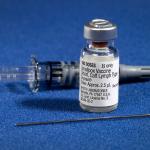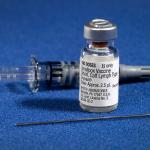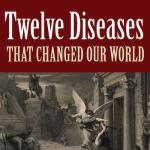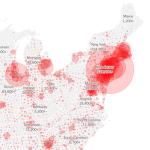“This study has its roots in decades of research pointing to the contribution of a person’s psychological state to their heart health1 In a well-known condition known as ‘broken-heart syndrome,’ an extremely stressful event can gener
infectious disease
Why microbes kill some people, but not others is probably the hardest question in all of medical microbiology.
There are two ways to become immune against an infectious disease: The not-so-fun way and the really-not-so-fun way.
Smallpox and rinderpest have been relegated to the dustbin of history. Thanks to vaccines and a massive, coordinated global effort, these two viruses have been wiped off the face of the Earth.
This book review was originally published at Geopolitical Futures. The original is here.
As cities and states across America slowly reopen for business, our leaders claim to be "following the science" as they lift restrictions.
The novel coronavirus, officially dubbed SARS-CoV-2, and the disease it causes (COVID-19) have continued to surprise all of us. And the surprises have been uniformly negative.
As of today, the American death toll from COVID-19 stands at more than 69,000, according to Johns Hopkins.
For social and economic reasons, the lockdown simply cannot last much longer. As the country begins to reopen, there will be several major unanswered questions, perhaps the biggest of which is, "Will there be a second wave of COVID-19?"
By Norman Fenton, Queen Mary University of London;












